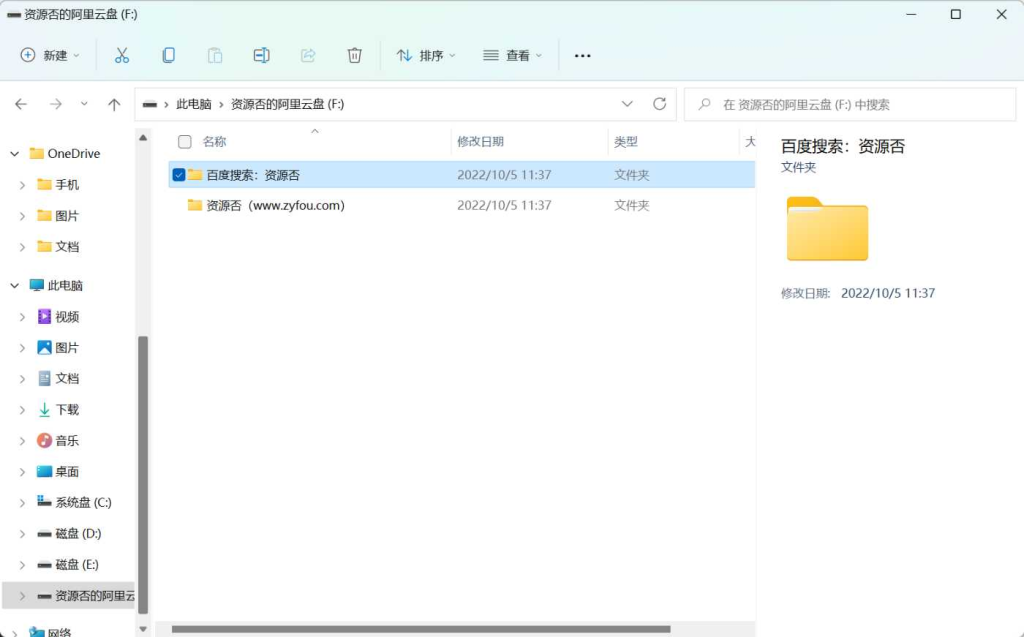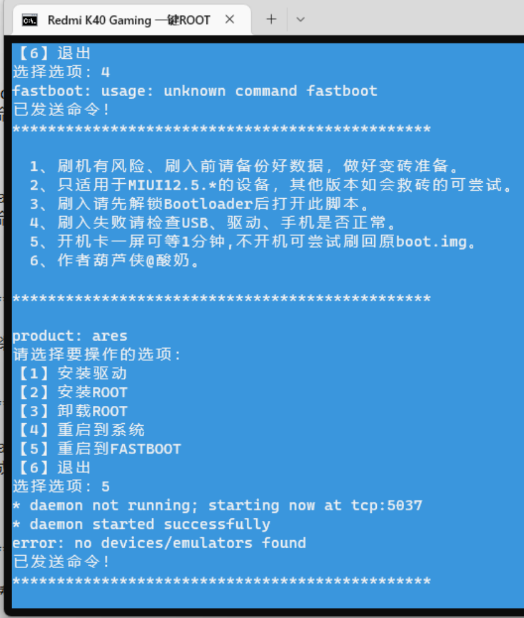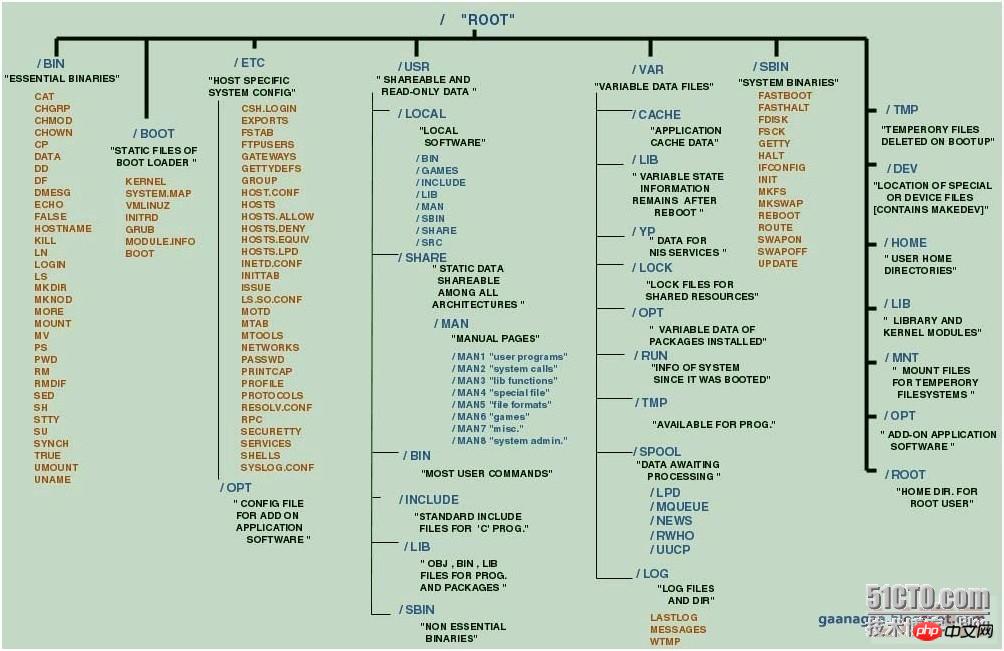
本文介绍如何在linux系统中使用opendir函数获取目录下的文件列表。opendir函数打开一个目录流,配合readdir函数读取目录项,实现目录遍历。
核心步骤:
-
包含头文件: 包含必要的头文件,例如dirent.h (目录操作), stdio.h (标准输入输出), stdlib.h (标准库函数), String.h (字符串操作)。
-
打开目录: 使用opendir()函数打开目标目录。 检查返回值是否为NULL,判断打开是否成功。
-
读取目录项: 使用readdir()函数循环读取目录项,直到返回NULL表示结束。
-
处理条目: 对每个读取到的条目进行处理,例如打印文件名。通常需要忽略”.” (当前目录) 和”..” (父目录)。
-
关闭目录: 使用closedir()函数关闭打开的目录流,释放资源。
示例代码 (基础版):
#include <dirent.h> #include <stdio.h> #include <stdlib.h> #include <string.h> int main() { DIR *dir; struct dirent *entry; const char *path = "/path/to/Directory"; // 请替换为实际目录路径 dir = opendir(path); if (dir == NULL) { perror("opendir"); return EXIT_FAILURE; } printf("目录 %s 下的文件列表:n", path); while ((entry = readdir(dir)) != NULL) { if (strcmp(entry->d_name, ".") != 0 && strcmp(entry->d_name, "..") != 0) { printf("%sn", entry->d_name); } } closedir(dir); return EXIT_SUCCESS; }
示例代码 (进阶版,使用stat获取文件信息):
#include <dirent.h> #include <stdio.h> #include <stdlib.h> #include <string.h> #include <sys/stat.h> #include <sys/types.h> int main() { DIR *dir; struct dirent *entry; struct stat fileInfo; char fullPath[1024]; const char *path = "/path/to/directory"; // 请替换为实际目录路径 dir = opendir(path); if (dir == NULL) { perror("opendir"); return EXIT_FAILURE; } printf("目录 %s 下的文件信息:n", path); while ((entry = readdir(dir)) != NULL) { if (strcmp(entry->d_name, ".") == 0 || strcmp(entry->d_name, "..") == 0) continue; snprintf(fullPath, sizeof(fullPath), "%s/%s", path, entry->d_name); if (stat(fullPath, &fileInfo) == 0) { printf("%s: ", entry->d_name); if (S_ISREG(fileInfo.st_mode)) printf("文件, "); else if (S_ISDIR(fileInfo.st_mode)) printf("目录, "); else printf("其他类型, "); printf("大小: %lld 字节n", fileInfo.st_size); } else { perror("stat"); } } closedir(dir); return EXIT_SUCCESS; }
注意事项:
- 错误处理: 代码中包含了基本的错误处理,但实际应用中需要更全面的错误处理机制。
- 权限: 确保程序拥有读取目标目录的权限。
- 路径: 将/path/to/directory替换成您想要遍历的实际目录路径。
- 字符编码: 注意文件名编码问题,尤其是在处理非ASCII字符时。
通过以上步骤和代码示例,您可以轻松地在Linux系统中使用opendir函数获取目录下的文件列表,并根据需要获取更详细的文件信息。 记住替换/path/to/directory为你的实际目录路径。
© 版权声明
文章版权归作者所有,未经允许请勿转载。
THE END



















